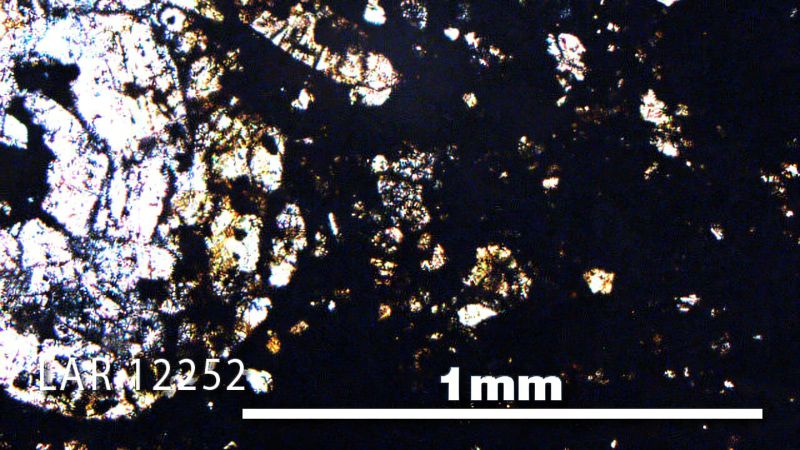Earth's Formation Held Secret to Water, Rich in Hydrogen
The study's findings provide new insights into the Earth's formation, suggesting that water was present on the planet from its inception, and that the formation of oceans was a natural outcome of the planet's composition. The discovery challenges existing theories and provides a new perspective on the origin of water on Earth.

Scientists from the University of Oxford have made a groundbreaking discovery, finding evidence that early Earth had more hydrogen than previously thought, challenging theories on the origin of water on the planet. By analyzing a rare meteorite known as an enstatite chondrite, which dates back to around 4.6 billion years ago, researchers found that the majority of the hydrogen in the meteorite was intrinsic, suggesting that early Earth would have had sufficient hydrogen to form water molecules.
The study, which used a technique called X-ray Absorption Near Edge Structure (XANES) spectroscopy, found that the hydrogen was attached to sulfur in the meteorite, a discovery that was not previously detected. This finding challenges the widely held belief that hydrogen arrived on Earth in asteroids that bombarded a dry, rocky planet, and instead suggests that the formation of water on Earth was a natural process.
The research team's findings support the idea that the material that built the Earth was far richer in hydrogen than previously thought, suggesting that the planet had enough hydrogen to create water from its formation. This contradicts the theory that asteroids delivered hydrogen to Earth during its first 100 million years, and instead proposes that water was part of the planet's original makeup.
The discovery has significant implications for our understanding of the Earth's formation and the origin of its water. As scientists continue to study the composition of the meteorite and the Earth's building blocks, they may uncover more secrets about the planet's history and the formation of its oceans.